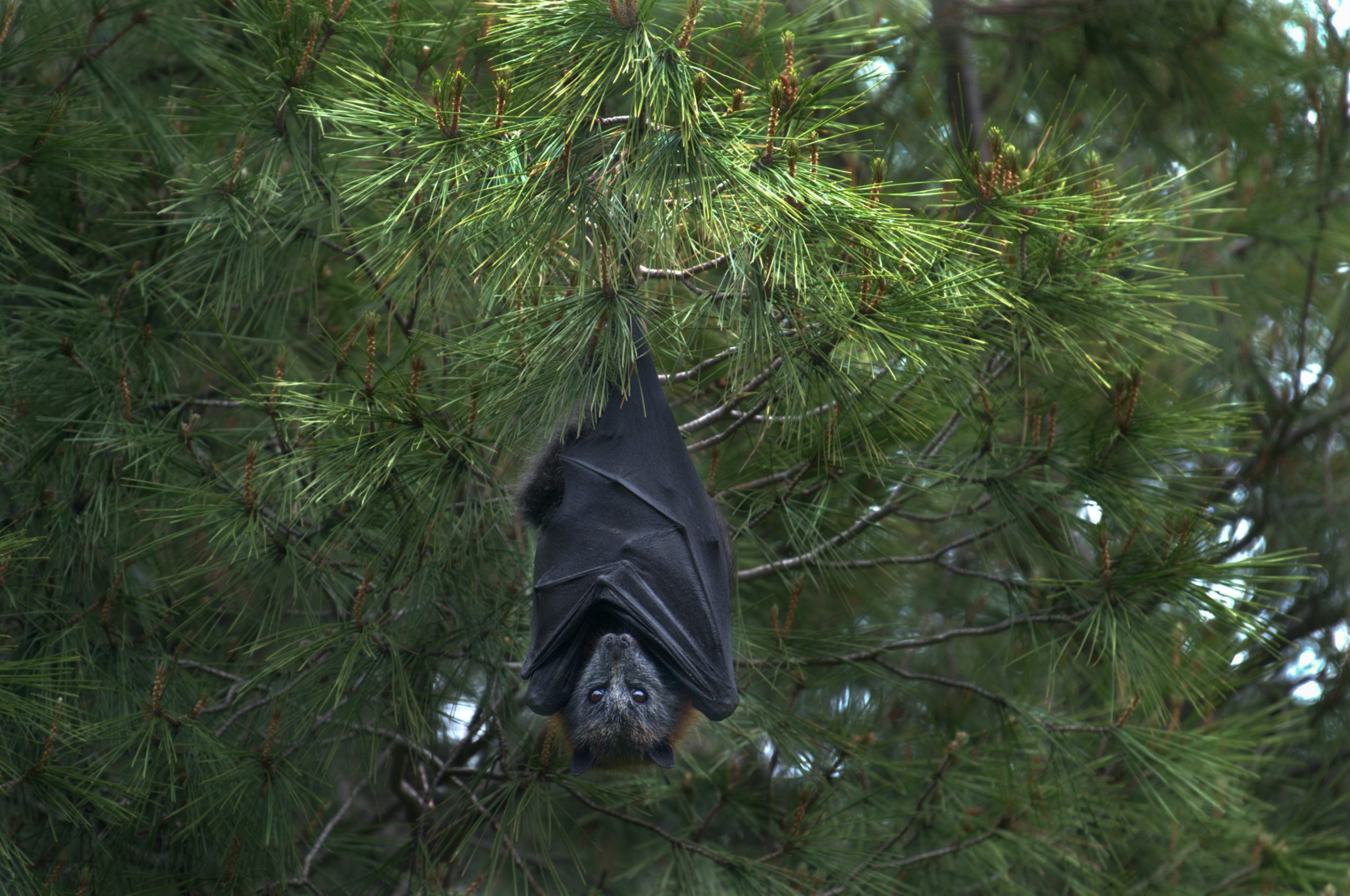From corals bunkering down in deeper waters to wait out climate change stress, to how vaccines can boost our immune system beyond a specific disease – here are the 20 most surprising scientific facts that we discovered this year.
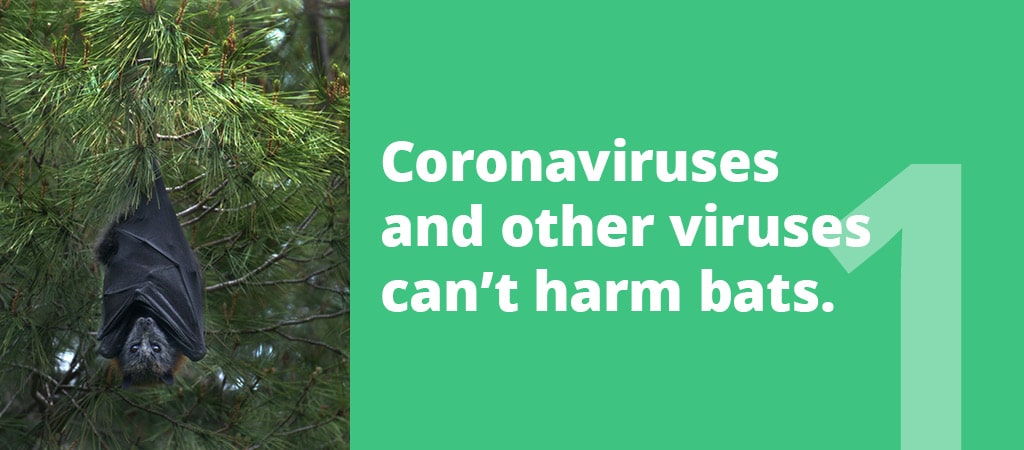
Read: Five things you need to know about bats, disease and coronavirus
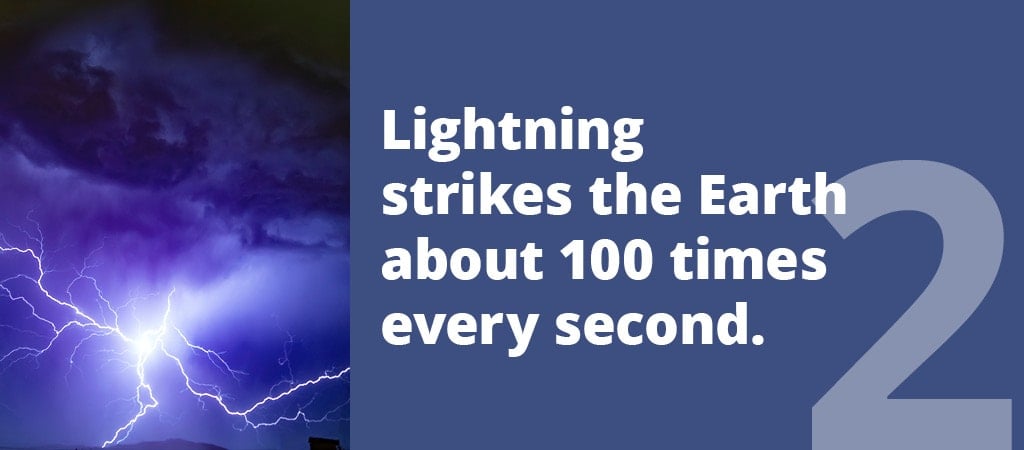
Read: We are starting to crack the mystery of how lightning and thunderstorms work
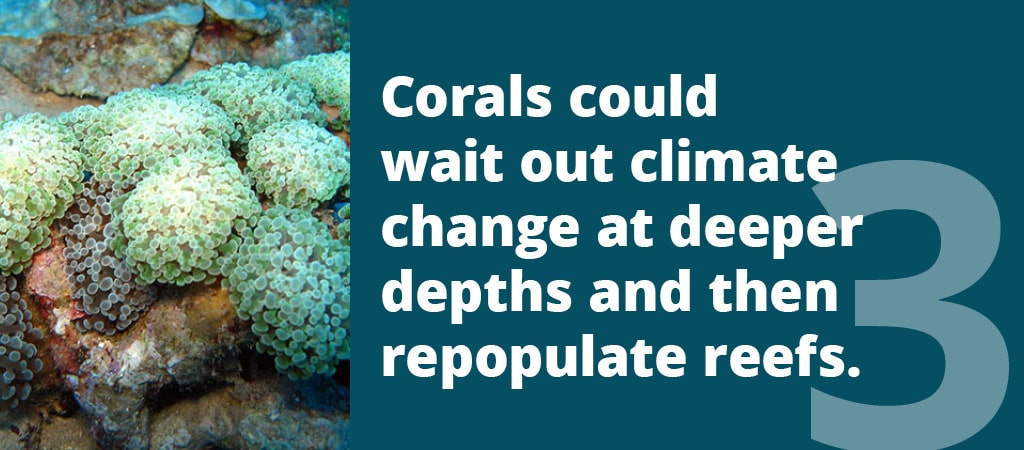
Read: Understudied deeper water reefs could teach us how to better conserve corals
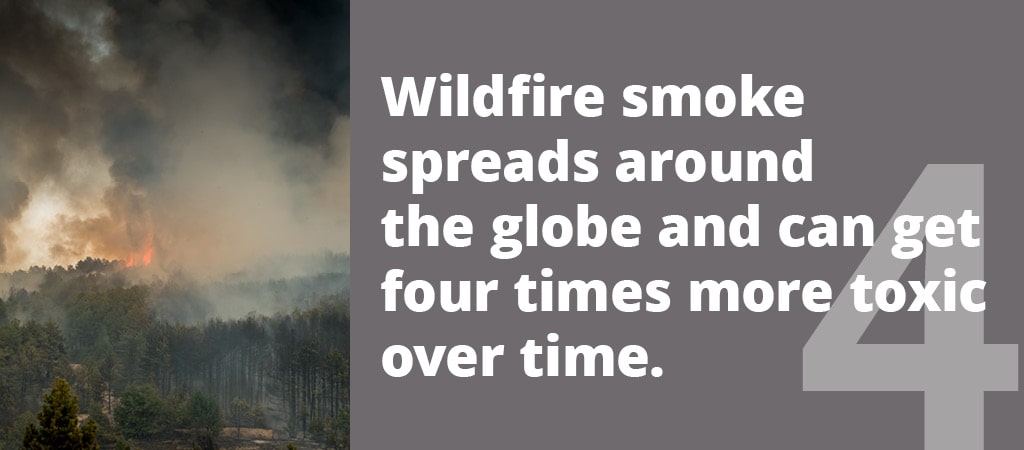
Read: ‘Four times more toxic’: How wildfire smoke ages over time
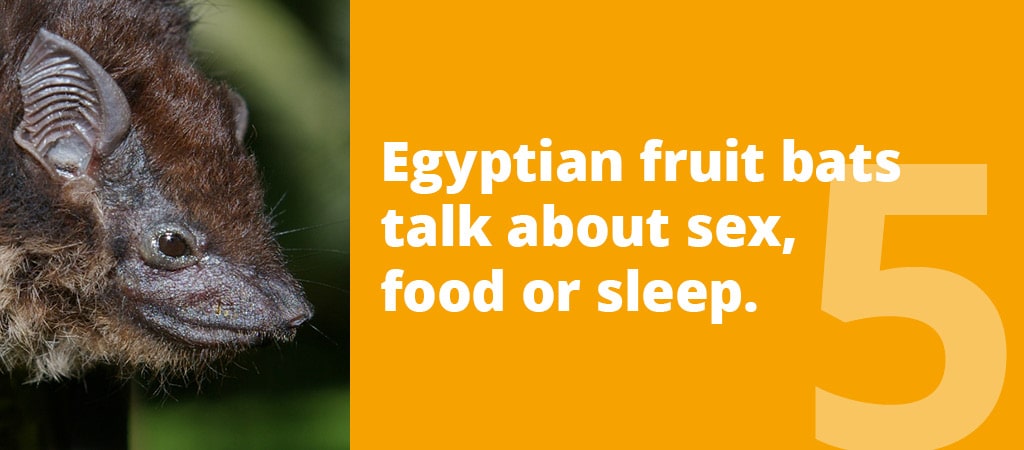
Read: Bats have different song cultures and chatter about food, sleep, sex and other bats

Read: Q&A: How vaccines can strengthen immune response beyond a specific disease

Read: Q&A: Why clouds are still ‘one of the biggest uncertainties’ in climate change
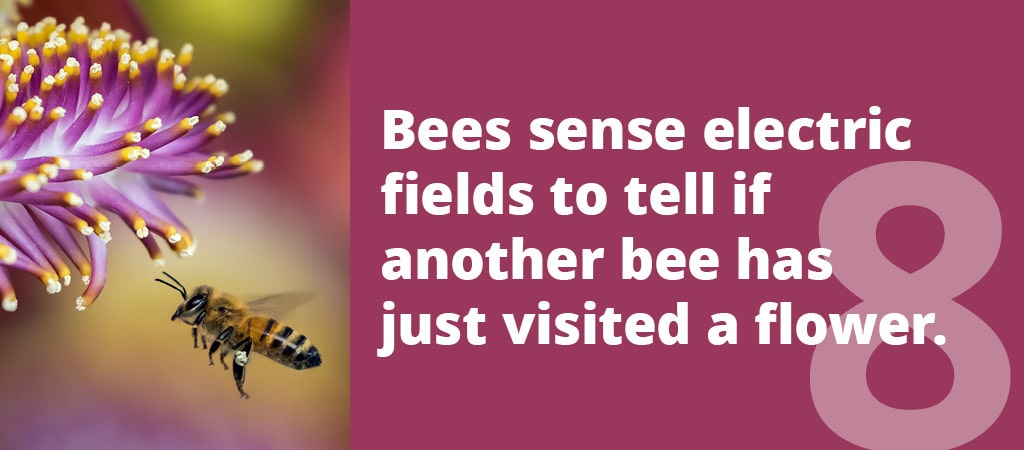
Read: Bees use shark ‘supersense’ to help find food

Read: How Stone Age humans unlocked the glucose in plants
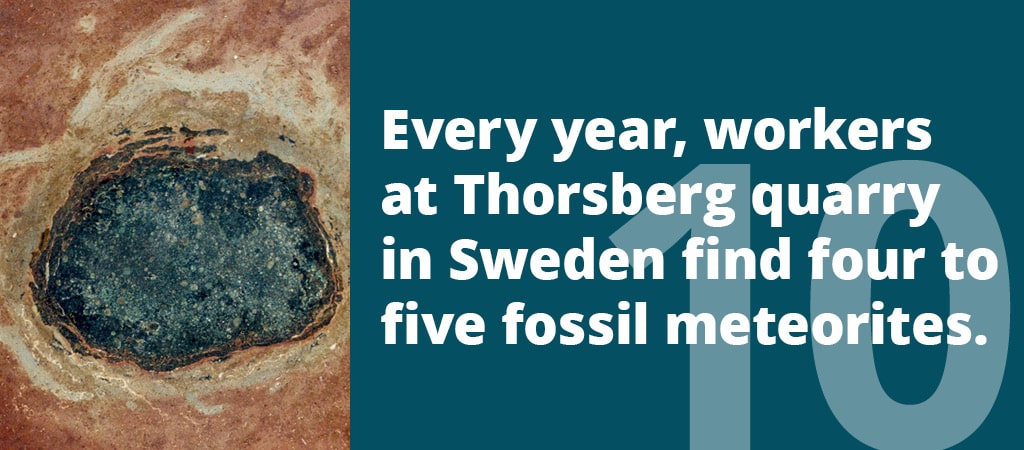
Read: Space dust fossils are providing a new window onto Earth’s past
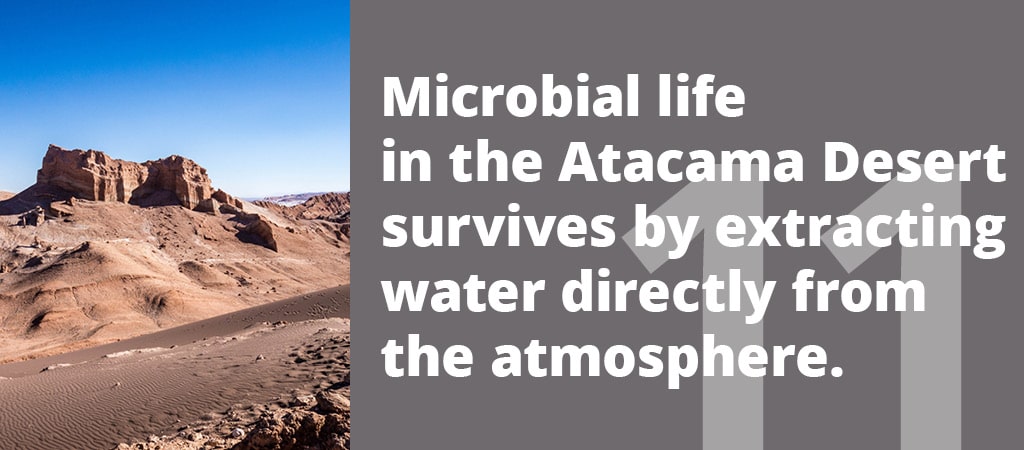
Read: How life on Earth could help us find life on Mars

Read: How hybrid electric and fuel aircraft could green air travel
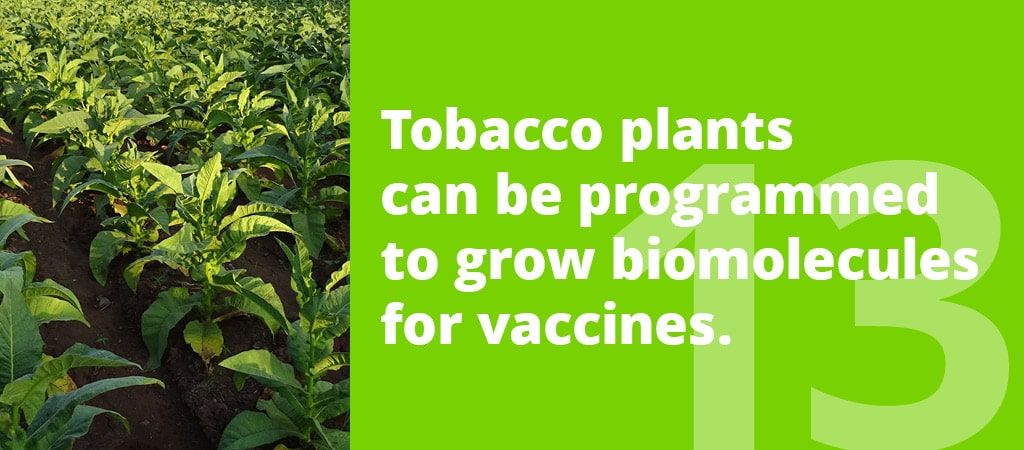
Read: We can programme plants to grow biomolecules. Is farming the future of vaccines?
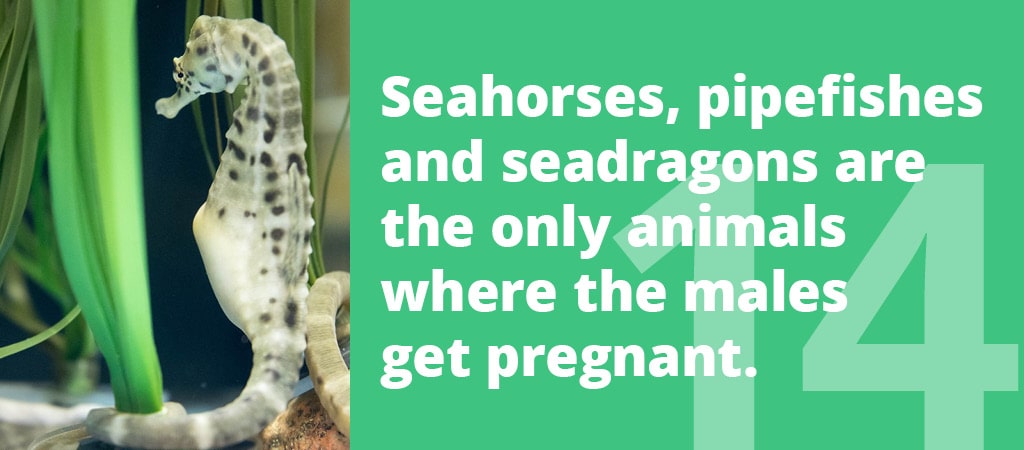
Read: Q&A: The curious case of male pregnancy in seahorses and pipefishes

Read: The science of tickling: why the brain won’t let us tickle ourselves

Read: Plants can detect insect attacks by ‘sniffing’ each other’s aromas
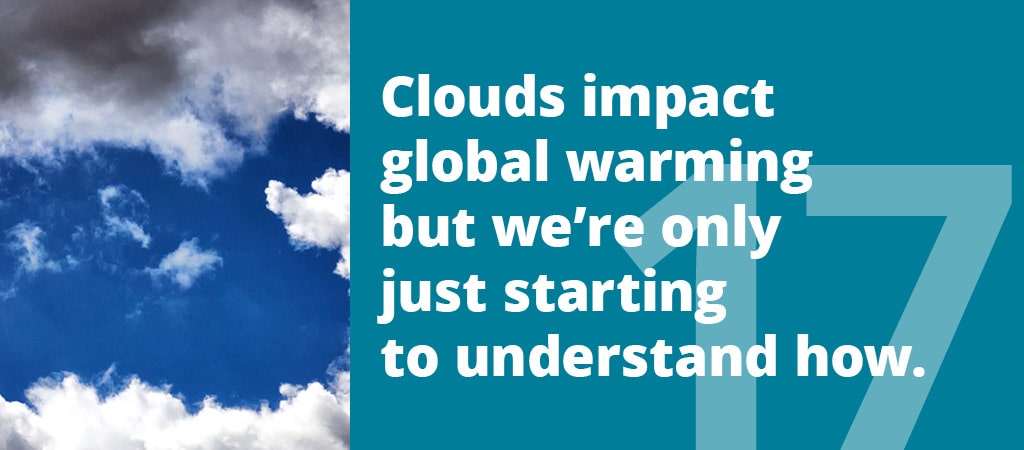
Read: Cloud shapes and formations impact global warming – but we still don’t understand them
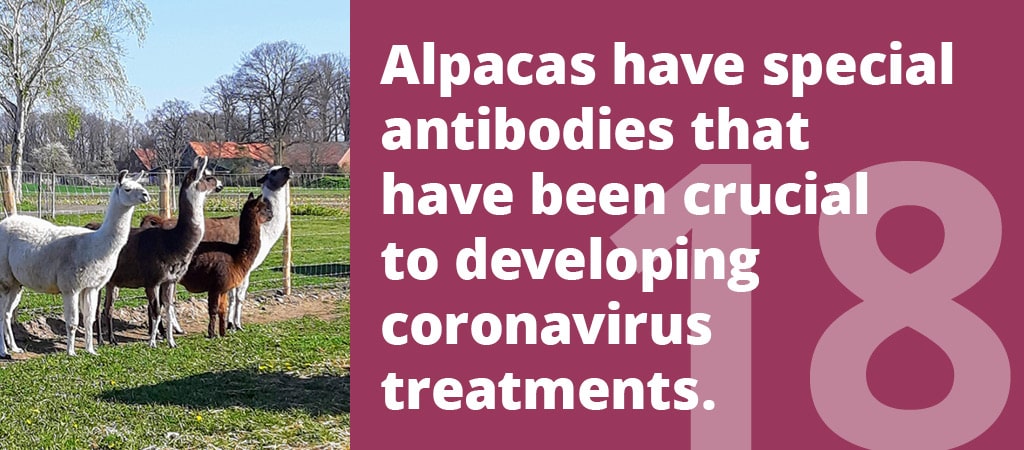
Read: Alpacas and antibodies: How scientists hope to stop coronavirus in its tracks
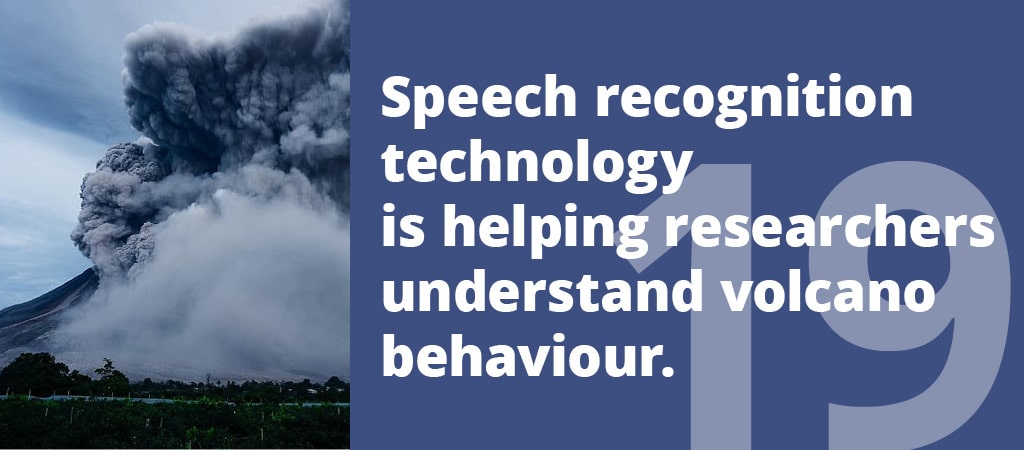
Read: How speech recognition techniques are helping to predict volcanoes’ behaviour
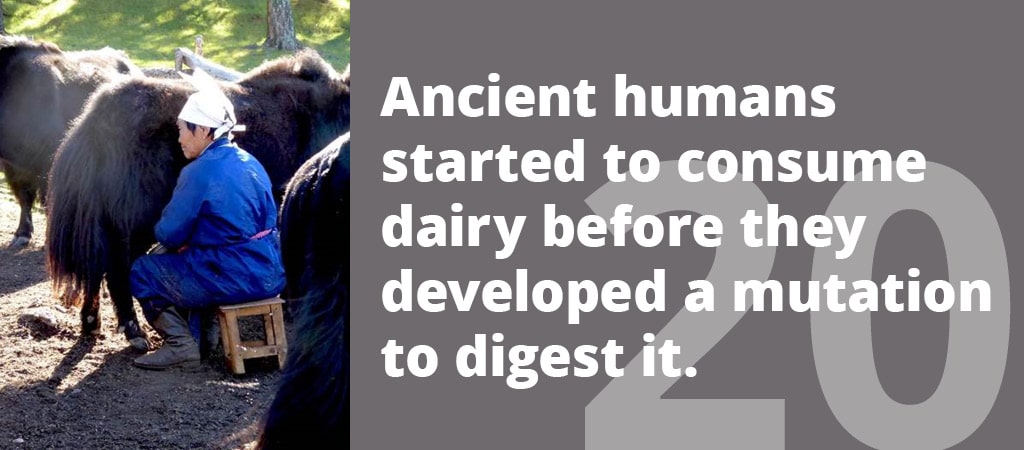
Read: Solving an ancient dairy mystery could help cure modern food ills

